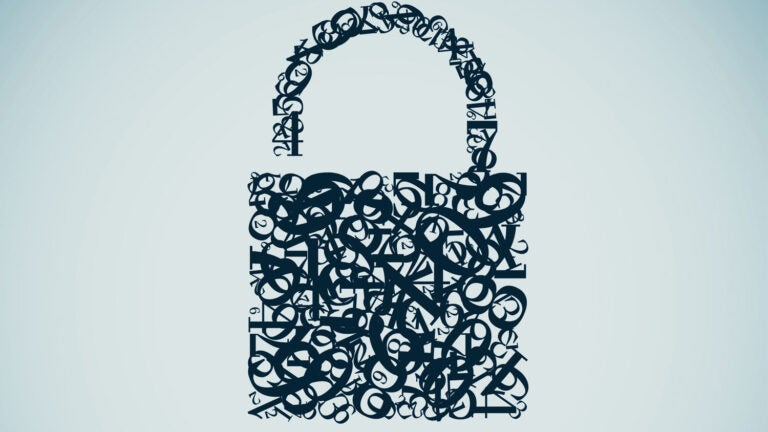
To Create Stronger Passwords, Use Poetry
You know you should have strong passwords to protect your online accounts. Yet it seems like the more secure your password, the more easily you forget it.
Leave it to USC researchers to find a better way to log on safely—using poetry. Through the ages, people have used the meter and flow of poems to memorize texts as lengthy as the Odyssey.
Poetry has “rhythm and rhyme that can help people memorize the password better,” says Marjan Ghazvininejad, a graduate student in the USC Viterbi School of Engineering’s computer science department.
The Poetry Method created by Kevin Knight, USC research assistant professor of computer science, and Ghazvininejad starts with a 32,768-word dictionary. Each word in the dictionary is assigned its own unique, 15-digit-long code of zeros and ones. The researchers’ computer program then randomly creates a string of 60 zeros and ones, and matches words from the dictionary to those digits.
The result is two eight-syllable lines. To make the lines easier to remember, the program makes sure that their last words rhyme.
The end product looks this:
Sophisticated potentates
misrepresenting Emirates.
Or this:
The supervisor notified
the transportation nationwide.
In tests conducted by the USC Information Sciences Institute researchers, 61 percent of Poetry Method participants could remember their 16-syllable password weeks later. While the system still has kinks to work out (and online accounts would need to start accepting long passwords), it may be a big step for cybersecurity, inspired by the time-honored technique of ancient oral storytellers.
To see a randomly generated password, go to bit.ly/PoetryPassword.
